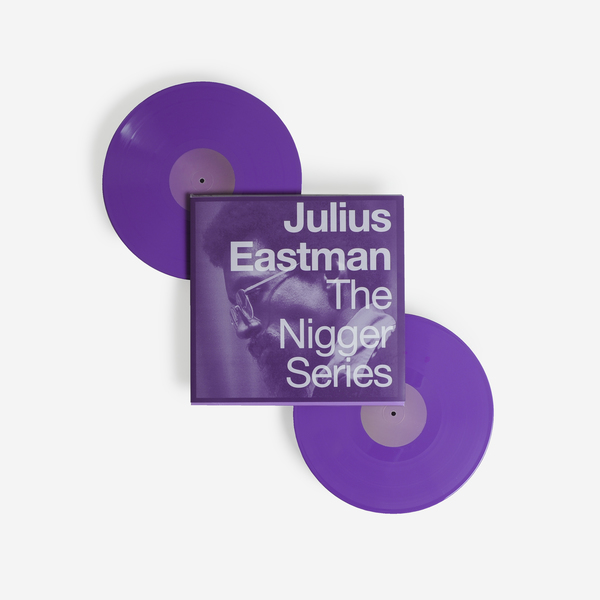


Clayton feeds the results of their performances directly into his laptop and scrambles them, spitting out a third stream of input that is often altered beyond recognition. "Reverence can be a kind of forgetting," he writes in the album's liner notes, and Memory Depot meets Eastman on his own slanted playground, toasting to acid with acid."Evil Nigger" and "Gay Guerrilla", two solo piano pieces from 1979, form the core of the album, performed here by David Friend and Emily Manzo. On The Julius Eastman Memory Depot, Jace Clayton- better and more-often known as DJ/rupture- goes about it exactly the right way. This is a difficult, self-annihilating temperament to pay proper tribute to. The language was so acidic it ate away at the concert-hall universe like stomach lining, a fitting gesture for someone who saw as much rank hypocrisy as opportunity within its walls. He was, by most accounts, an acrid, seething, and occasionally impossible man, a temperament you can detect in his music as far away as the titles themselves: "If You're So Smart, Why Aren't You Rich". To describe him in stridently political language is not to hang an unwanted frame around him Eastman saw himself this way, and discussed his music and life explicitly in those terms.

A black, gay man rattling around loudly in the white, constrained world of classical music, Eastman was a living testament to unbounded American opportunity and woeful American inequality.


 0 kommentar(er)
0 kommentar(er)
